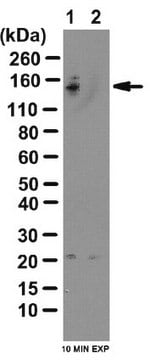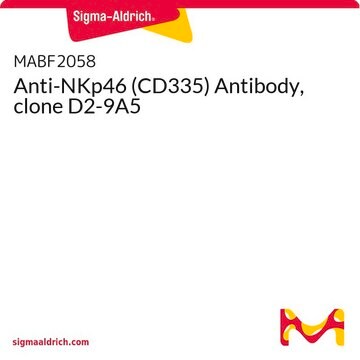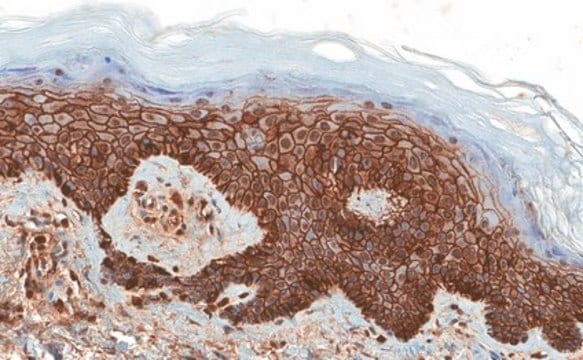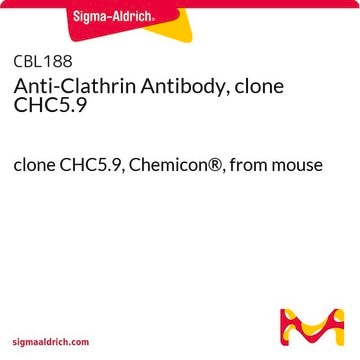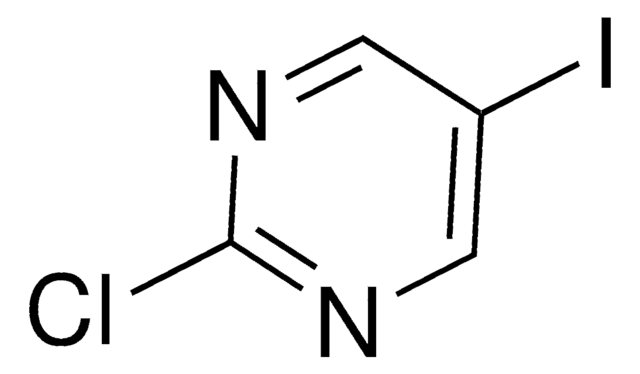MABE1828
Anti-beta-Catenin Antibody, clone mAb-Cat1
clone mAb-Cat1, from rat
Sinónimos:
beta-Catenin 1, Catenin beta-1
About This Item
DB
IP
WB
dot blot: suitable
immunoprecipitation (IP): suitable
western blot: suitable
Productos recomendados
biological source
rat
antibody form
purified immunoglobulin
antibody product type
primary antibodies
clone
mAb-Cat1, monoclonal
species reactivity
human
species reactivity (predicted by homology)
mouse (based on 100% sequence homology), bovine (based on 100% sequence homology)
packaging
antibody small pack of 25 μL
technique(s)
ChIP: suitable
dot blot: suitable
immunoprecipitation (IP): suitable
western blot: suitable
isotype
IgG1κ
NCBI accession no.
UniProt accession no.
target post-translational modification
unmodified
Gene Information
human ... CTNNB1(1499)
mouse ... Ctnnb1(12387)
General description
Specificity
Immunogen
Application
Epigenetics & Nuclear Function
Immunoprecipitation Analysis: A representative lot immunoprecipitated beta-Catenin in Immunoprecipitation applications (Hoffmeyer, K., et. al. (2017). Cell Rep. 18(12):2815-2824).
Dot Blot Analysis: A representative lot detected beta-Catenin in Dot Blot applications (Hoffmeyer, K., et. al. (2017). Cell Rep. 18(12):2815-2824).
Chromatin Immunoprecipitation Analysis (ChIP): A representative lot immunoprecipitated beta-Catenin in Chromatin Immunoprecipitation applications (Hoffmeyer, K., et. al. (2017). Cell Rep. 18(12):2815-2824).
Quality
Western Blotting Analysis: 1 µg/mL of this antibody detected beta-Catenin in SW 480 cell lysate.
Target description
Physical form
Storage and Stability
Other Notes
Disclaimer
¿No encuentra el producto adecuado?
Pruebe nuestro Herramienta de selección de productos.
Certificados de análisis (COA)
Busque Certificados de análisis (COA) introduciendo el número de lote del producto. Los números de lote se encuentran en la etiqueta del producto después de las palabras «Lot» o «Batch»
¿Ya tiene este producto?
Encuentre la documentación para los productos que ha comprado recientemente en la Biblioteca de documentos.
Nuestro equipo de científicos tiene experiencia en todas las áreas de investigación: Ciencias de la vida, Ciencia de los materiales, Síntesis química, Cromatografía, Analítica y muchas otras.
Póngase en contacto con el Servicio técnico